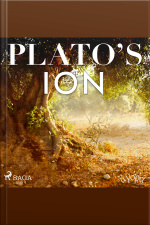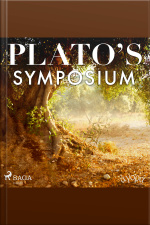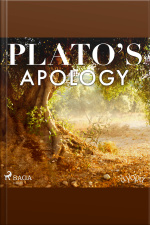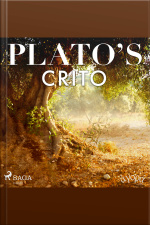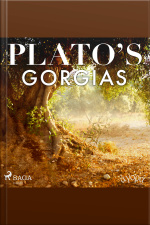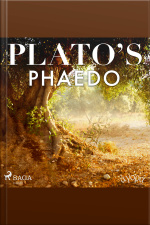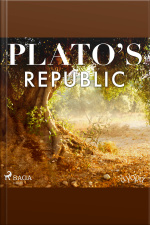Socrates questions Ion, an actor who just won a major prize, about his ability to interpret the epic poetry of Homer. How does an actor, a poet, or any other artist create? Is it...
The dramatic nature of Plato’s dialogues is delightfully evident in the "Symposium." The marriage between character and thought bursts forth as the guests gather at Agathon’s...
Socrates is on trial for his life. He is charged with impiety and corrupting young people. He presents his own defense, explaining why he has devoted his life to challenging the...
After Socrates is sentenced to death by the Athenian court, his friend Crito comes to the prison to help him escape and go to another country. Socrates responds by saying that he...
Gorgias of Leontini, a famous teacher of rhetoric, has come to Athens to recruit students, promising to teach them how to become leaders in politics and business. A group has...
Socrates is in prison, sentenced to die when the sun sets. In this final conversation, he asks what will become of him once he drinks the poison prescribed for his execution....
The "Republic" poses questions that endure: What is justice? What form of community fosters the best possible life for human beings? What is the nature and destiny of the soul?...
A dialogue between Socrates and Meno probes the subject of ethics. Can goodness be taught? If it can, then we should be able to find teachers capable of instructing others about...
In Euthyphro, Socrates is on his way to the court where he must defend himself against serious charges brought by religious and political authorities. On the way, he meets...
Plato’s dialogues frequently cover several topics and show their connection to each other. The "Phaedrus" is a model of that skill because of its seamless progression from...
